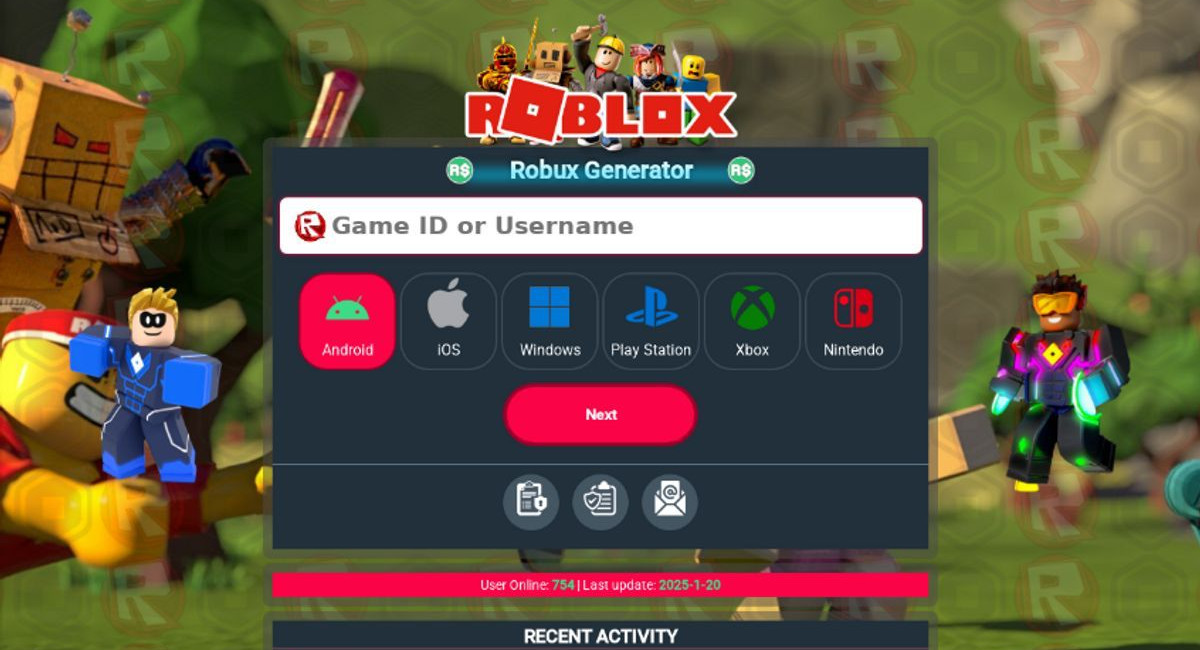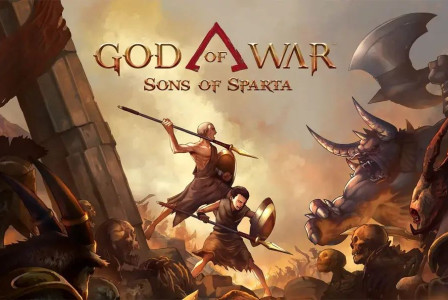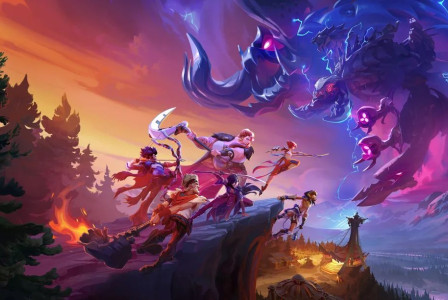SEARCH
1.6 million cyberattacks on Roblox players detected in 2024

SHARE IT
Ahead of Safer Internet Day on 11 February 2025, Kaspersky experts have highlighted the growing risks children face online by analyzing threats associated with one of the most popular gaming platforms — Roblox. The experts shed light on the alarming rise in cyberthreats disguised as Roblox-related files: the immense popularity of the game has made it a lucrative target for cybercriminals, with Kaspersky detecting more than 1.6 million attempted cyberattacks disguised as Roblox-related files in 2024 alone.
With millions of monthly active users, Roblox is more than just a game, it’s a digital playground where children worldwide connect and explore immersive digital worlds. Roblox’s user-generated content makes it an ideal environment for creativity, but also for exploitation. Since many players actively seek out ways to customize their gaming experience, they often unknowingly download malicious files that compromise their security. The game’s massive appeal among younger audiences has turned it into a lucrative hunting ground for cybercriminals who disguise malware as mods, cheats, or free in-game currency generators.
In 2024, Kaspersky detected 1,612,921 attacksdisguised as Roblox-related files. The highest number of attacks was recorded in August (179,286), followed by September (160,116) and October (151,638).
One of the most common scams in gaming is the offer to receive in-game currency for free. In one of the schemes that has been revealed, users are asked to enter their game ID or username, selecting their preferred platform (Android, iOS, Windows, PlayStation, Xbox, or Nintendo) to create the illusion of an official multi-platform tool. Below this, a fake activity tracker shows recent transactions from supposed players receiving Robux, reinforcing the scam’s credibility. Once the player proceeds, they are prompted to complete various “verification” tasks or surveys to win the prize which might include a new iPhone, PlayStation, etc. However, to receive the prize a victim is asked to pay for delivery. After completing the payment, the victim loses the money and does not receive the prize.
To keep your kids safe online, Kaspersky recommends users take the following steps:
- By staying informed about the latest threats and actively monitoring their children’s online activities, parents can create a safer online environment for their kids.
- It’s crucial for parents to have open communication with their children about the potential risks they may encounter online and to enforce strict guidelines to ensure their safety.
- Help your child choose a unique password and aim to change it periodically.
- Set clear ground rules about what they can and can’t do online and explain why you have put them in place. You need to review these as your child gets older.
- With dedicated apps for digital parenting such as Kaspersky Safe Kids, parents can effectively safeguard their children across both online and offline spaces. These apps help adults ensure a safe and positive digital experience for little ones by establishing healthy habits, protecting them from inappropriate content, balancing screen time and monitoring children’s physical location.
- To help parents introduce their children to cybersecurity, Kaspersky experts have developed the Kaspersky Cybersecurity Alphabet. In this book, your kids will get to know new technologies, learn the main cyber hygiene rules, find out how to avoid online threats, and recognize fraudsters’ tricks.
- To secure your child from downloading any malicious files during their gaming experience, we advise them to install a trusted security solution on their device.
MORE NEWS FOR YOU

 Help & Support
Help & Support 

